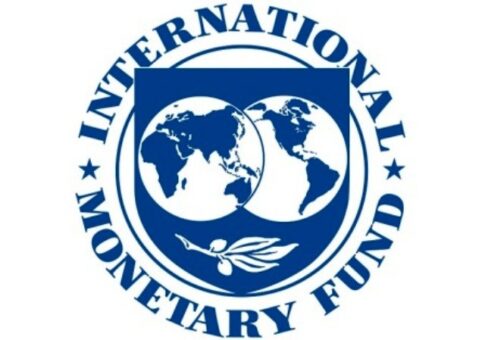Karachi, January 21, 2024 – The International Monetary Fund (IMF) has advised Pakistan to exercise caution and avoid imposing restrictions on foreign exchange, emphasizing the importance of supporting a return to a market-determined exchange rate.
In its country report on Pakistan, the IMF outlined key recommendations aimed at fostering economic stability and ensuring a resilient foreign exchange market.
The IMF highlighted the need for a gradual deepening of the foreign exchange market to facilitate a transition towards a market-determined exchange rate. It cautioned against any actions that might be taken to manage the current account, stressing the significance of allowing market forces to play a role in determining the exchange rate.
According to the IMF, the deepening of foreign exchange market liquidity is essential for achieving a rebound in trading volumes, akin to levels observed in previous months. This objective can be realized by encouraging banks to manage foreign exchange flows through the interbank market, where exchange rates are set to ensure the smooth inflow of foreign exchange into the system as needed.
“To ensure that the exchange rate can act as a shock absorber, the authorities must refrain from formal or informal restrictions,” the IMF report asserted, underscoring the importance of maintaining flexibility in the exchange rate to absorb economic shocks effectively.
The IMF’s recommendations also addressed the role of the State Bank of Pakistan (SBP) in the foreign exchange market. Both the IMF staff and Pakistani authorities agreed that SBP interventions in the foreign exchange market should primarily focus on building foreign exchange (FX) buffers. It was emphasized that FX sales should not be used to prevent the trend depreciation of the rupee driven by underlying economic fundamentals.
Simultaneously, the report highlighted ongoing efforts by Pakistani authorities to eliminate existing exchange restrictions and multiple currency practices by early 2024. This commitment aligns with the broader goal of creating a more transparent and efficient foreign exchange system.
As part of this initiative, the State Bank of Pakistan (SBP) is planning reforms within the exchange companies sector. These reforms aim to enhance oversight, governance, and transparency within the sector. The IMF acknowledged the potential positive impact of these changes but suggested additional efforts to monitor pricing in informal exchange rate markets. Such monitoring, the IMF argued, would help identify periods of market dysfunction and contribute to the overall stability of the foreign exchange system.
The IMF’s recommendations reflect a collaborative effort between the international financial institution and Pakistani authorities to strengthen the country’s economic fundamentals, promote market-driven exchange rates, and enhance the resilience of the foreign exchange market. As Pakistan navigates its economic path, these guidelines are expected to serve as a roadmap for achieving sustainable and stable economic growth.
